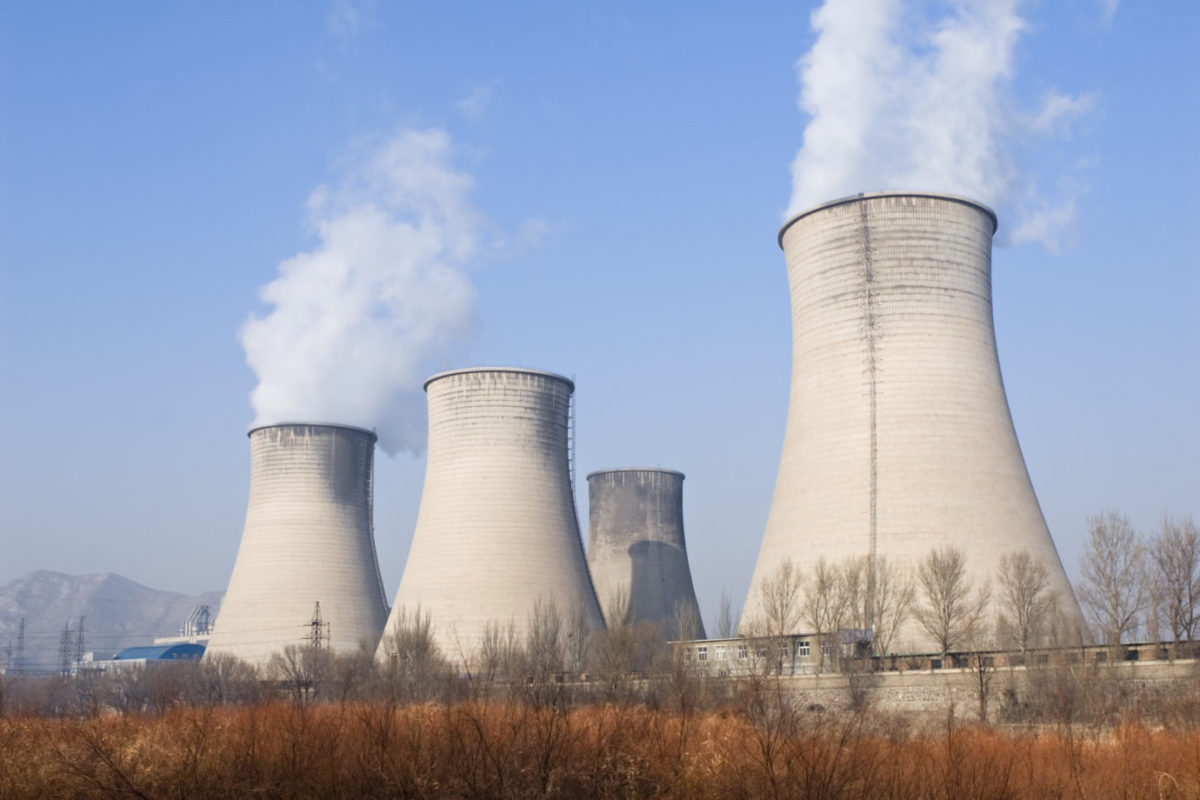Chinese Electricity Rationing Hits Factory Production

Global supply chains are facing further disruption as a significant shortage of electricity in many parts of China has required authorities to ration power supplies. Factories across the country’s manufacturing heartlands are being forced to temporarily reduce or suspend production – particularly in sectors deemed to be non-essential. Many businesses already suffering from sky-high shipping costs and an acute shortage of ocean transport capacity are now having to contend with a winter of production delays and disruptions.
Part of the so-called ‘power crunch’ derives from a surge in demand for electricity across China’s manufacturing base – particularly in the Guangdong, Jiangsu, Shandong and Zhejiang provinces – as the nation emerges from Covid-related lockdowns. China is also at the very peak of its summer energy consumption.
With a shortage of coal supplies and tougher emissions standards, meeting this spiralling demand with adequate supply has proven increasingly difficult. China’s National Energy Administration (NEA) and the State Grid Corporation of China are having to balance the requirements of the country’s powerhouse (but power hungry) economy with the fundamental needs to keep peoples’ homes lit and heated – particularly in China’s northernmost cities where night-time temperatures are edging towards freezing.
Energy intensive industries have been hard hit by the power cap being imposed on businesses, with steel, aluminium and cement industries particularly affected. Suppliers to companies such as Apple and Tesla have also reported production disruption.
Understandably, estimates as to when the 2021 power rationing order will end remain fluid as central authorities work with local governments to monitor and control supply. Some rationing could end in a matter of days while some areas may face power rationing throughout the winter.
Uniserve is advising its customers to stay in close contact with all supply chain partners and to contact their Customer Development Manager for updates or to discuss any concerns.
For more information, please call 01375 412 331 or email info@ugroup.co.uk
PLEASE FOLLOW US
FOLLOW US
Unrivalled Ocean Freight
Award Winning Airfreight
Premium European Services
Unrivalled Ocean Freight
Award Winning Airfreight
Unrivalled Ocean Freight
Keep in Touch
Uniserve Named Logistics Partner of the Year
We are proud to announce that Uniserve has been awarded Logistics Partner of the Year at this year’s Logistics UK Awards. This achievement reflects the strength of our 15-year strategic supply chain partnership with a leading UK retailer – a relationship built on...
Uniserve’s Market Update for December Now Available
Uniserve's monthly market snapshot providing international freight, trade and supply chain insights and forecasts for the weeks ahead. Uniserve has just released the December market update, providing key insights and forecasts for global supply chains for the...
US Delays Major Export Control Rule in China Trade Truce
In a significant move affecting global trade and compliance, the United States has formally suspended implementation of its new “affiliates rule” for one year - as part of a wider agreement with China. The rule, introduced by the Bureau of Industry and Security (BIS)...



